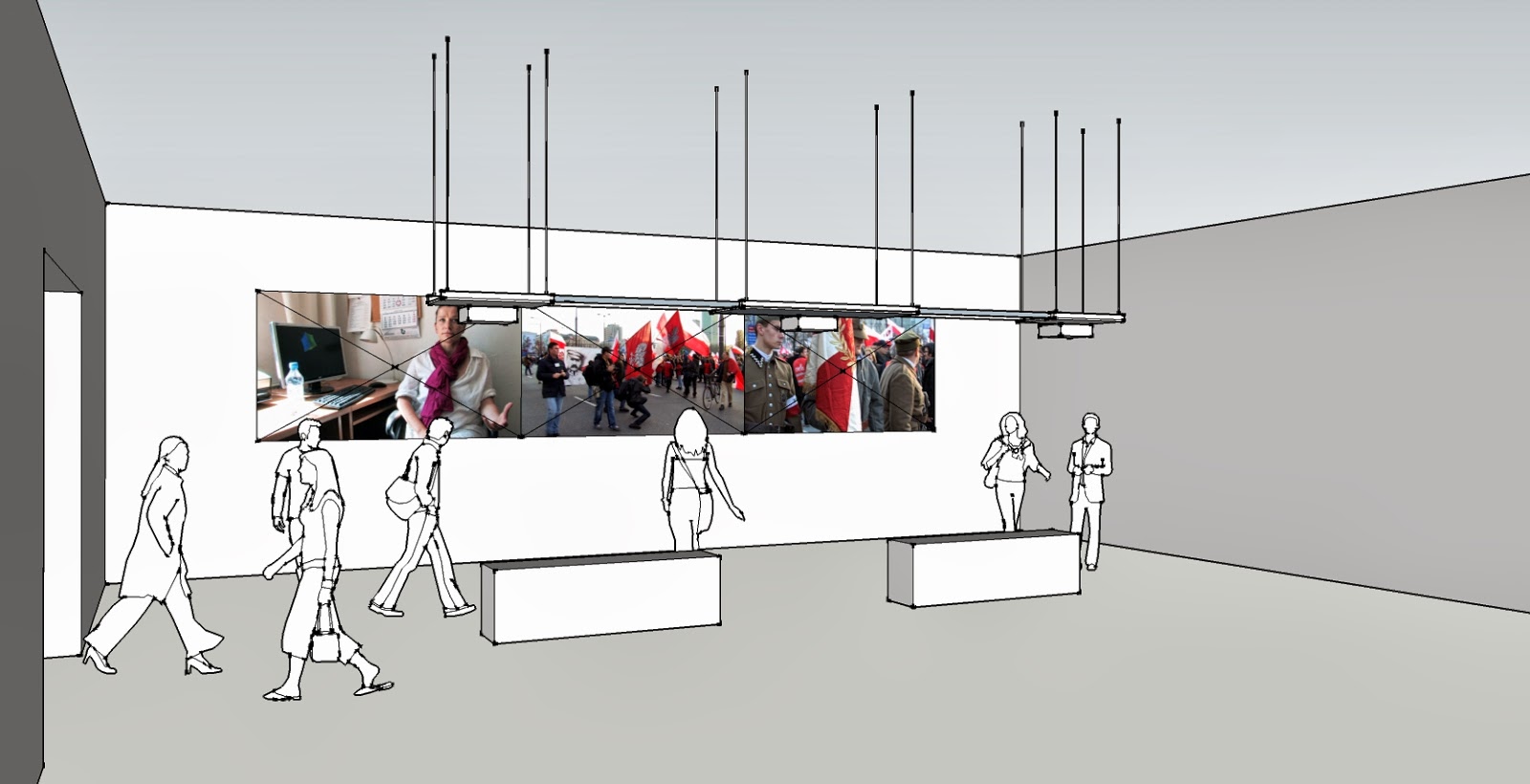EASA DOING AND UNDOING WITH ANTHROPOLOGY | CONFERENCE
P280: Here, now, there, then: crafting politics and its emerging timespaces
Convenors:
Elena Miltiadis (Roskilde University)
Chiara Calzana (Università degli Studi di Milano-Bicocca)
Discussant: Olga Demetriou (University of Durham)
Presentation of paper:
'
The mountainous region of southern Spain, the Alpujarras, has long harboured utopian minds from Macquis to miners. A flood in 1996 created the ideal riverbed setting for 90s rave culture, and in its fight for survival, the incidental resurgence of civil war frontlines in an environmental battle.
The remote region of southern Spain, the Alpujarras, has long harboured utopian minds, whose lives are inextricably woven with the landscape in which they live. These mountains witnessed the last rebellion of the Moors, and the last of the Macquis guerilla fighters in the aftermath of the civil war. Many who settled in these parts over the last decades, were involved in the British anarchist movement of the 80s, who along with new age travellers felt increasingly persecuted by Thatcherite policies. Most were back-to-the-landers and welcomed by locals. They started to build an alternative community in Cigarrones, accessible only via a rocky riverbed, puncturing many cars over its time. In 1996 a flood widened the riverbed birthing the Dragon Festival. Unkown to organisers, the annual rave was held on old political frontlines of the civil war and the quarry in the mountains still belonged in Falangist hands. In the years that followed, environmental protests merged with attempts to prohibit the festival. As the activists stood against police lines, an old villager exclaimed, he had not seen this in 70s years, except now it was the anarchists who had won. After a successful campaign, in 2009 the river flooded once again, putting an end to the festival it had created. I would like to present the story of the Dragon Festival as an example of a form of crafting politics in which the past, present and future collide, now also in the context of new battles against developing infrastructures.








Comments